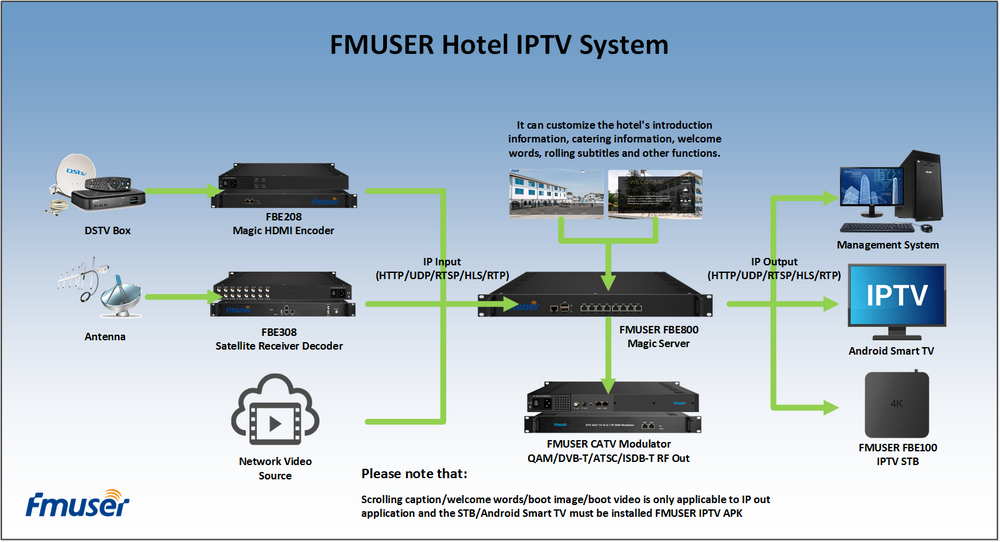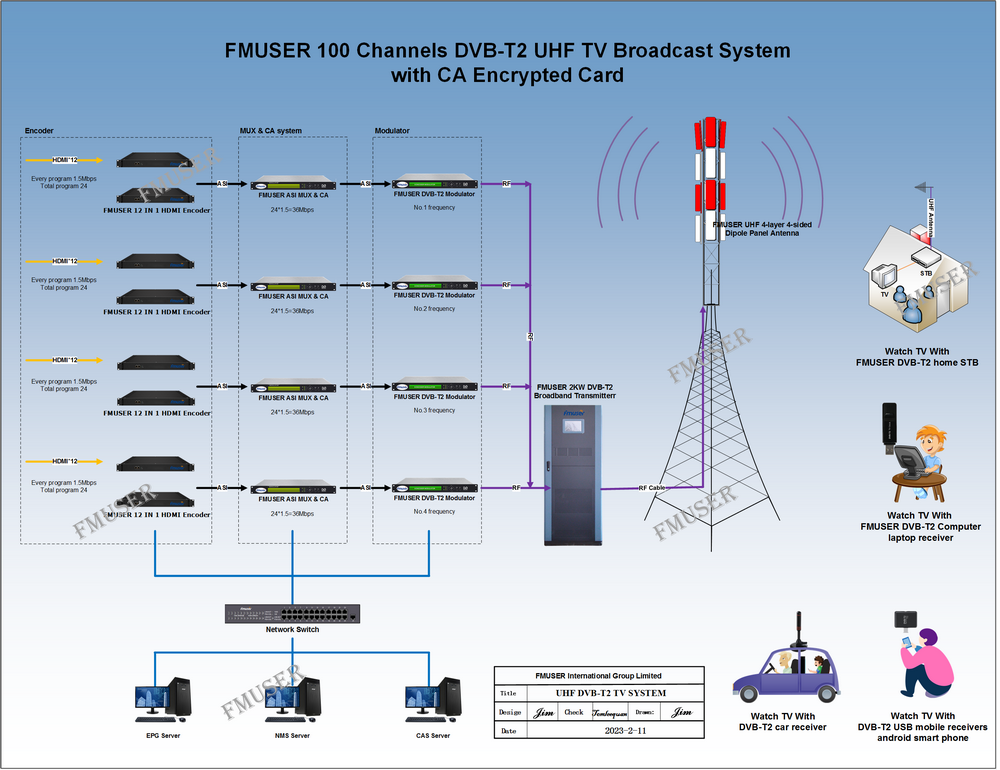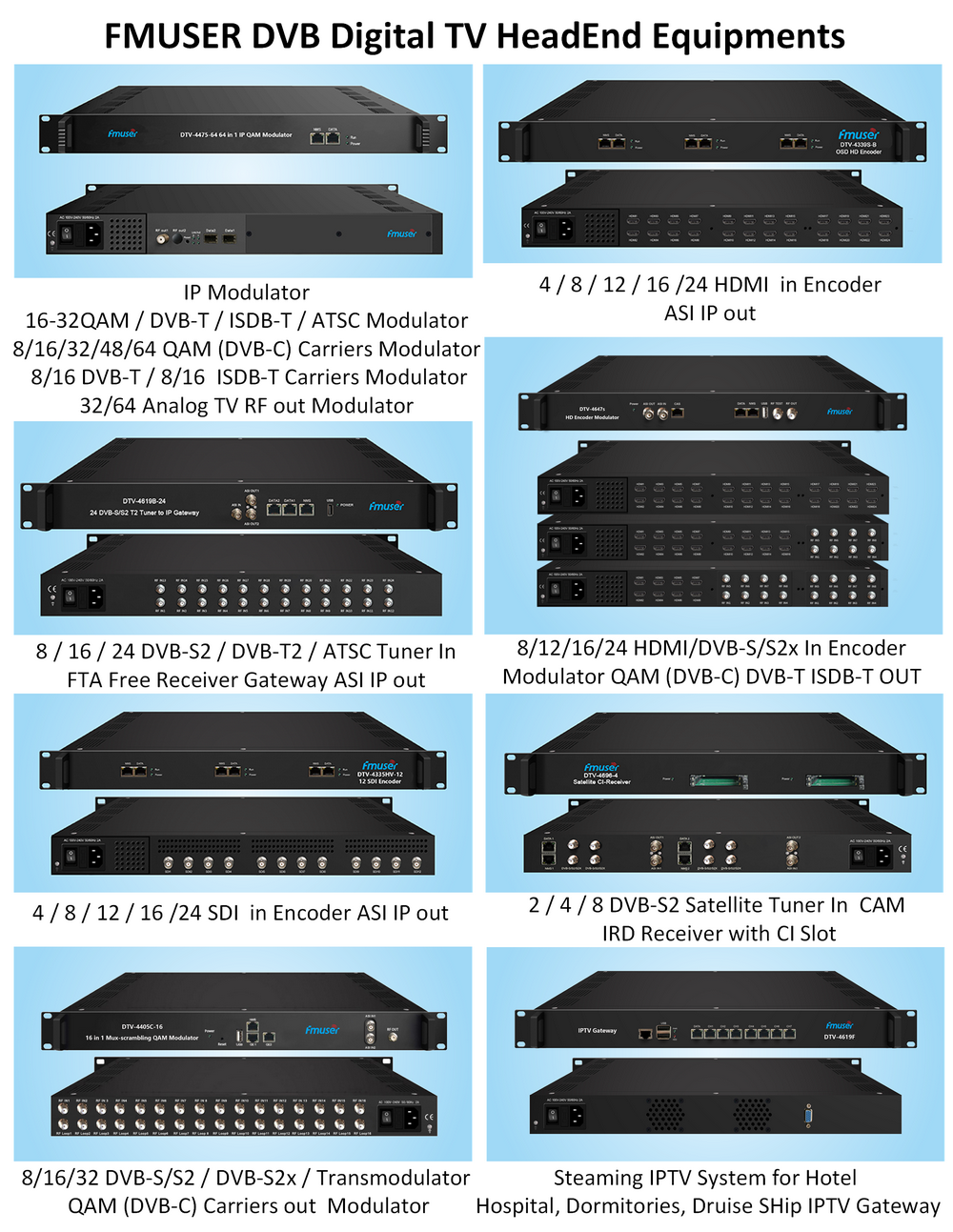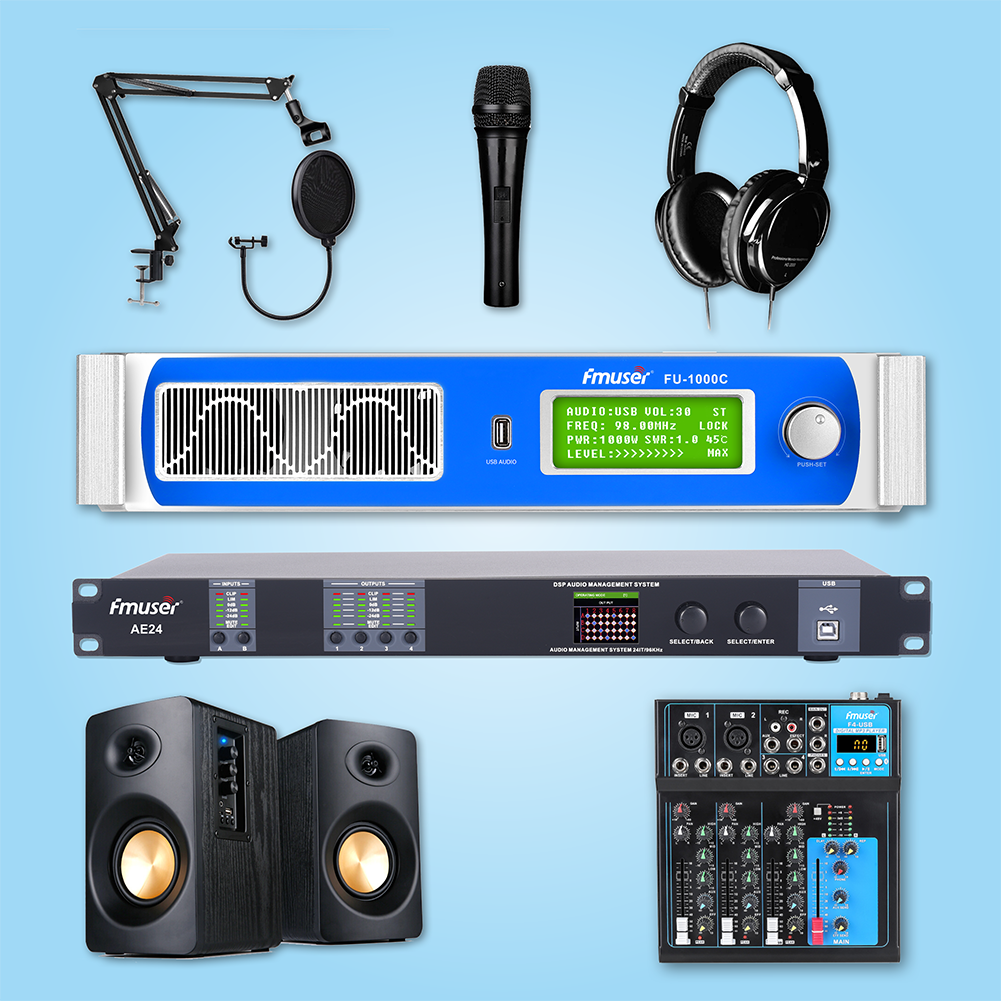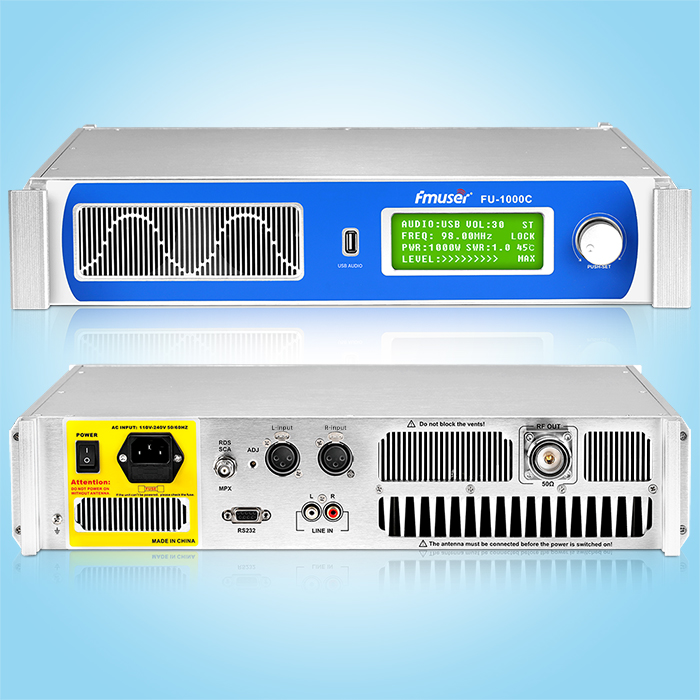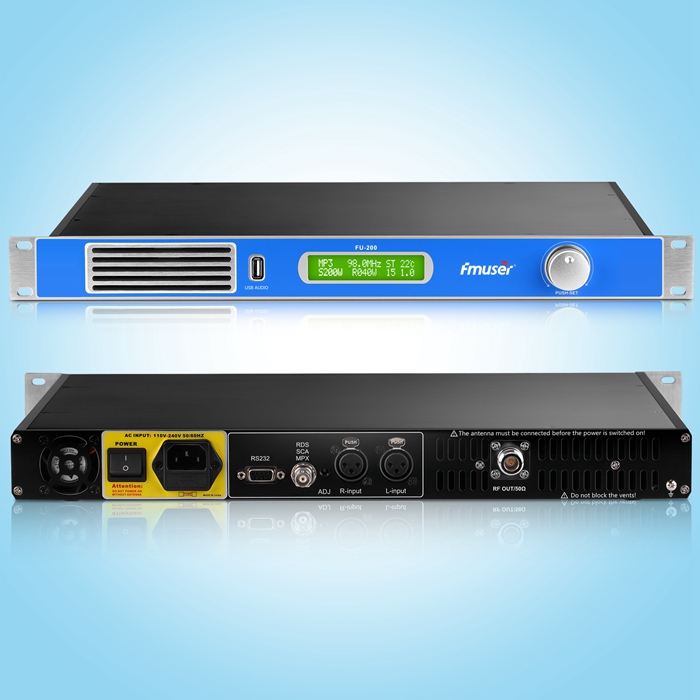"In another month, the moment of" decisive battle "between Qualcomm and Broadcom, the most important technology and chip contributors in the mobile communication field and the most fierce M & A operators in the global semiconductor industry, is coming.
On March 6, Qualcomm will hold the 2018 annual general meeting of shareholders in Jacob hall at its headquarters in San Diego, USA. at the meeting, it will vote on whether to accept Broadcom's proposal to replace the existing members of Qualcomm's board of directors and a $130 billion tender offer.
Broadcom does not want to miss, and Qualcomm cannot afford to lose its independence. There is no doubt that the voting results will not only determine the fate of Qualcomm, but also how the two enterprises fighting for "interests" and "honor" will affect the future of the mobile communication industry.
Covet Qualcomm
This largest tender offer in the history of the global semiconductor industry began in November 2017. Broadcom proposed to acquire Qualcomm in the form of cash and shares of $70 per share, with a total transaction value of $130 billion. Qualcomm's board of directors then rejected Broadcom by "significantly undervaluing the company's stock value".
At that time, the semiconductor industry was undergoing an unprecedented integration. Industry giants continue to launch mergers and acquisitions to expand their business boundaries - Intel has successively spent US $16.7 billion and US $15.3 billion to acquire Altera, a programmable chip company, and Mobileye, an autonomous driving solution company. Qualcomm is also announcing its acquisition of car chip giant NXP (NXP) for $38 billion, while NXP has just completed its acquisition of Freescale Semiconductor for $11.8 billion.
However, different from the style of these chip companies, Broadcom is known for "acquiring bigger competitors in debt, reorganizing immediately after the transaction, decisively selling non core businesses and layoffs to improve the company's profit margin".
Previously, Broadcom completed a series of capital operations under the leadership of Malaysian Chen Fuyang. Under his operation, Avago Technologies Ltd, the predecessor of Broadcom, spent US $6.6 billion to acquire LSI, a storage chip company in San Jose, Silicon Valley, in 2013; In 2015, it also spent US $37 billion to acquire the old chip company Broadcom. In 2017, after the acquisition, Chen Fuyang sold Broadcom's IOT business unit to cypress at a price of US $550 million.
In a sense, Broadcom's "capital bureau" also explains the essence of capital: it can't be satisfied in slow growth, feel uneasy in the long-term goal, and only focus on improving immediate profits.
Anhua Gao and Broadcom employees commented on Chen Fuyang on the American employee evaluation website Glassdoor: "risk debt acquisition, too much emphasis on sales and profits, and neglect R & D investment." It seems that in order to verify this evaluation, just 10 months after the acquisition of Broadcom, Chen Fuyang again announced that he would spend $5.9 billion to acquire Brocade Communications Systems Inc., a network equipment company.
The transaction has not been completed yet. Some media have revealed that the "M & A Madman" plans to sell the latter's network business and data center Netcom business to arris and extreme.
According to media reports, he once commented on himself at the annual dinner of the Chinese American semiconductor professional association, "I'm not a semiconductor, but I know how to make money and operate." However, Qualcomm's board of directors rejected Chen Fuyang's help to "make money and operate" because "Broadcom's proposal significantly underestimated the company's stock value". Therefore, Broadcom nominated 11 director candidates to replace the members of Qualcomm's board of directors.
This completely angered Qualcomm's board of directors. On January 16, Qualcomm's board of directors sent an e-mail to shareholders, saying that "by inserting board candidates proposed by Broadcom and Silver Lake and lacking relevant experience, it is trying to acquire Qualcomm at a low price in an opportunistic way." Qualcomm urged shareholders to vote against Broadcom's board nomination and support the current management to continue to lead Qualcomm.
The letter wrote, "Broadcom requires Qualcomm shareholders to transfer value creation activities in the medium and short term to a hostile acquirer. But in fact, Qualcomm has taken the lead. Qualcomm's board of directors strongly opposes Broadcom's aggressive strategy and urges you to reject its request and vote for Qualcomm's high-quality board members on the white proxy card so that they can be re elected. Please discard the blue proxy card you received from Broadcom. "
Qualcomm expects that the company's revenue in 2019 will range from $35 billion to $37 billion, and the adjusted earnings per share will range from $6.75 to $7.50, much higher than the original market expectations of $23.59 billion and $379 million. After announcing its plan to remain independent, Qualcomm received at least four price target increases and one stock rating increase.
Romit Shah, analyst at Nomura insinet, raised Qualcomm's stock rating from neutral to buy and its price target from $58 to $75 per share. "Qualcomm's leadership is very smart, but over the past few years, the management team in San Diego has been too modest," he said. Now, Broadcom's hostile takeover attempt is similar to "holding a gun to the head". We expect Qualcomm to be more actively committed to improving shareholder value to maintain the company's independence. "
Rush to help Qualcomm
Not only are rating agencies confident that Qualcomm can still create significant value. On January 25, executives from SMIC, Lenovo, oppo, vivo, Xiaomi, ZTE, Wentai technology and other enterprises, the "half of the country" of China's mobile communication industry, attended the 2018 Qualcomm China technology and cooperation summit, providing a platform for Qualcomm.
Yang Yuanqing, chairman and CEO of Lenovo Group, said: "Lenovo has been associated with Qualcomm for more than 20 years. Lenovo's overall product layout is highly consistent with Qualcomm, covering everything from smartphones to personal computers and tablets, to AR / VR, IOT, and even back-end server infrastructure." During CES 2018, Lenovo won 80 awards, of which 2 / 3 came from new smart terminals other than mobile phones, of which more than 50 awards were the result of cooperation with Qualcomm.
Nine years ago, Xiaomi, a start-up with only 20 people, received the full support of Qualcomm and became a "new leader" among Chinese smartphone manufacturers. Lin bin, co-founder and President of Xiaomi, said: "every flagship mobile phone of Xiaomi uses Qualcomm chips. We fully support Qualcomm to maintain innovation and long-term investment."
Chen Mingyong, the outspoken oppo CEO, said, "Qualcomm's team has feelings, that is, it drives innovation with the greatest technology, not just interest oriented. From this perspective, I don't know much about Broadcom, but it is rumored that Broadcom is more engaged in capital operation, and Broadcom's acquisition of Qualcomm may form a monopoly, It may not be a blessing for the industry and consumers. "
Xiaomi, oppo and vivo are all typical enterprises growing up under the "Qualcomm model". They not only occupy half of the domestic market, but also actively explore overseas markets and have made remarkable achievements. In the fourth quarter of 2017, Xiaomi ranked first in the Indian market. Oppo also officially landed in the Japanese market on January 31.
According to the data, in 2015 and 2017, the revenue of Qualcomm's chip business from Chinese manufacturers was $4 billion and $6 billion respectively. It is expected to reach $8 billion in 2019, with a CAGR of 17%. The broad development prospect of China's 5g market makes Qualcomm regard its Chinese partners as "the most dynamic and stable partners." As Christiano Amun, President of Qualcomm, said, "nine years ago, Qualcomm began to support start-up Xiaomi, oppo, vivo and other Chinese mobile phone enterprises. Now, Feng Shui turns around, and these companies begin to support us. "
The power of the ecosystem is like a closely meshed gear - for Qualcomm's Chinese partners who are preparing for 5g, they support Qualcomm not only because the 5g era is coming, but also because a series of technologies represented by smart cars, Internet of vehicles, Internet of things and artificial intelligence have been recognized as the new engine of world economic development, and Qualcomm is at the forefront of technology. Moreover, Chinese mobile terminal manufacturers need continuous innovation to continue their hard won leading position. As Shen Wei, CEO of vivo, said, "the entire mobile industry is inseparable from Qualcomm's focus over the past years. Qualcomm is not short-sighted and does not care about immediate interests. We need them. Otherwise, where are our 6G and 7g?" He said.
According to the research of counterpoint research, seven of the world's top ten 3G / 4G smartphone manufacturers in 2017 were Chinese manufacturers. Compared with making comments, these mobile phone manufacturers based in China and looking at the world pay more attention to the future. At the summit site, four mobile phone manufacturers including Xiaomi, vivo, oppo and Lenovo signed cross annual purchase orders for RF front-end solutions with Qualcomm. In the next three years (2019-2021), four mobile phone manufacturers will purchase RF front-end components with a total value of no less than US $2 billion. Previously, in November last year, Xiaomi, vivo and oppo signed an agreement with Qualcomm to purchase $12 billion worth of parts from Qualcomm in the next few years.
At present, Qualcomm is working with many Chinese operators, infrastructure manufacturers, OEMs and other partners to accelerate the realization of 5g in 2019. Previously, on November 17, 2017, Qualcomm successfully realized the world's first 5g new air interface system interoperability with ZTE and China Mobile. 5g new air interface system interoperability demonstration was conducted in the laboratory of China Mobile 5g joint innovation center. Qualcomm provided 5g new air interface terminal prototype, and ZTE provided 5g new air interface pre commercial base station support. The success of this cooperative demonstration is regarded as an important milestone in the global 5g development process.
Li Zhengmao, vice president of China Mobile Communications Corporation, hopes that "the cooperation between Qualcomm in 5g era and our Chinese industry can continue to be successful." He revealed that China Mobile will carry out 5g application demonstration construction in 12 cities across the country from the second half of 2018 to move towards 5g commerce.
Li Zhengmao led the negotiations on introducing Qualcomm CDMA into the Chinese market. The CDMA negotiations also played a key role in promoting China's accession to the WTO“ The cooperation with Qualcomm in those years now seems to have a good result. " He said.
Significance of NXP
China's mobile communication industry has a more objective and fair view of the world. But now, it is the "most difficult moment" in Qualcomm's development history over the past three decades.
On January 29, Steve Mollenkopf, CEO of Qualcomm, led the senior management team to voice through video and strongly opposed Broadcom's tender offer. It is considered that its "malicious proposals with low value and high risk are meaningless to shareholders" and "a big cake drawn from an unrealistic height". Steve molenkov proposed that shareholders should not support Broadcom's voting plan, and put forward specific strategies to improve shareholder value, including "further reducing the cost of $1 billion, the benefits of NXP transaction, and solving the patent litigation with apple."
Excluding Apple's royalty revenue, Qualcomm expects 2019 earnings per share to be $5.25. As the driving force of the next technological revolution, 5g will use Qualcomm's technology to create a truly connected world. Moreover, Qualcomm's $38 billion acquisition of NXP semiconductor will advance this process.
Xiang Ligang, a well-known observer of China's communication industry, said that for 5g and smart Internet, the chip industry can never stay on mobile phone chips.
In a sense, the completion of Qualcomm's acquisition of NXP will further deepen and strengthen its cooperation with Chinese industries in the fields of Internet of things and automotive electronics, and further expand the successful mode of cooperation between Qualcomm and Chinese smartphone industry to China's automotive electronics, Internet of vehicles and Internet of things industries to catch up and lead. In October 2017, Qualcomm and the Chongqing municipal government established an intelligent networked automotive collaborative innovation center to carry out in-depth cooperation with Chinese industry in automotive electronics and vehicle networking. In 2017, Qualcomm has established IOT joint innovation centers in Nanjing, Chongqing, Qingdao and other places to conduct technology and innovation cooperation with China in the field of IOT. In January 2018, at the US consumer electronics show, BYD announced that it would adopt Qualcomm snapdragon automotive platform on its electric vehicles for information entertainment and instrument systems.
"Qualcomm's acquisition of NXP can make Qualcomm's chip products richer and more competitive. Because Qualcomm is the most powerful support for the Android camp, but the acquisition of Broadcom has no practical help for the improvement of Qualcomm's ability. " Xiang Ligang said. More importantly, Qualcomm's development in China, which remains independent after Qualcomm's acquisition of NXP, is transparent and predictable. Once Qualcomm fails to acquire NXP, leading to Broadcom's acquisition of Qualcomm, it will bring significant uncertainty and even negative impact on Qualcomm's stable cooperation with existing partners in China.
In terms of transaction volume, the transaction volume of Qualcomm's acquisition of NXP is US $38 billion, and the market value of the two companies after the merger will exceed US $100 billion. The acquisition offer of Broadcom for Qualcomm is US $130 billion, which is by far the largest acquisition in the history of science and technology. The combined market value of the two will exceed US $200 billion. Compared with the two mergers and acquisitions, it is obvious that the impact of Qualcomm's merger and acquisition of NXP on the industry is far less than the chain reaction caused by Broadcom's merger and acquisition of Qualcomm, as well as the impact on relevant domestic industries.
"In case of M & A and turbulence, there will be a lot of business imbalance and costs in the acquisition process, which will certainly affect the development of new products. Not only for the development of Qualcomm, but also for the development of the entire Android camp. " Xiang Ligang said.
NXP is not only the world's largest automotive chip manufacturer, but also a leading manufacturer of Internet of things chip business and technology in Europe. According to foreign media reports, Qualcomm has made a series of commitments to the European Commission, including maintaining the original business model of NXP in the next eight years and continuing to license NXP's Mifare technology and trademark. Meanwhile, Qualcomm also promised not to acquire NXP's standard NFC patents and some non-standard NFC communication patents. These patents will then be handed over to a third party, which will license them to the world free of charge within three years. As for other NFC patents of NXP acquired by Qualcomm, Qualcomm promises to use them only for defense purposes.
A series of facts have proved that Qualcomm believes it can still create significant value. Up to now, Qualcomm is still waiting for the approval of relevant Chinese departments for the acquisition of NXP, and plans to complete the transaction in 2018. Most industry professionals believe that the fate of Qualcomm and China's mobile communication industry is deeply tied together, which can be described as both prosperity and loss. Qualcomm is also optimistic about China's approval of the acquisition.
In addition, Qualcomm is planning a major stock repurchase as another way to strengthen its market value and prevent Broadcom's malicious acquisition. If Broadcom "dismembers" Qualcomm after harvest and helps Apple obtain its baseband chip business, it will worry Chinese smartphone manufacturers deeply bundled with Qualcomm.
Sun Yanbiao, President of the first mobile phone industry research institute, pointed out that the Chinese mobile phone front-line manufacturers represented by oppo, vivo and Xiaomi opposed Broadcom
Our other product:


